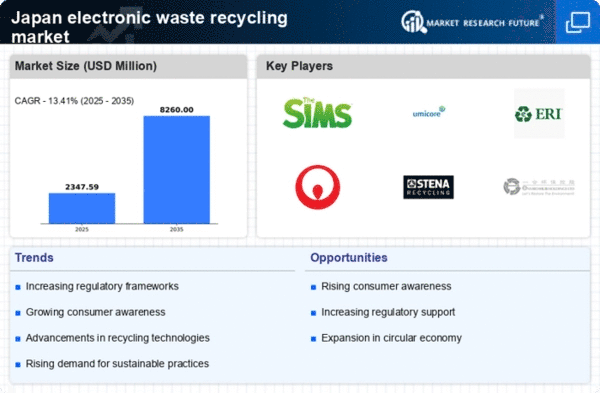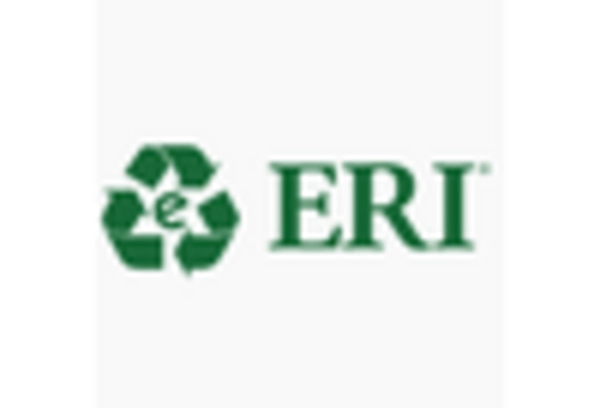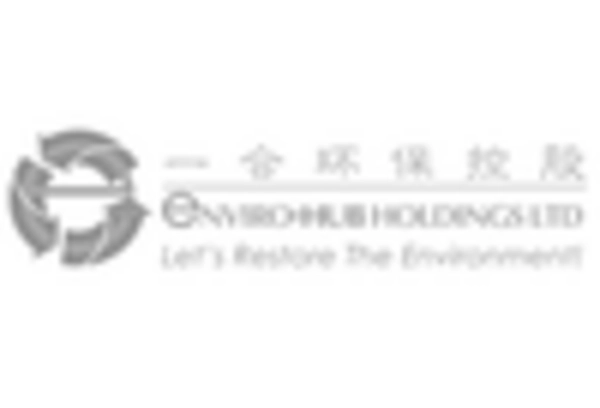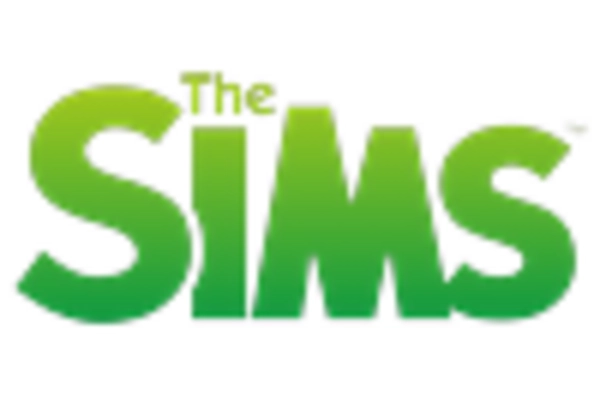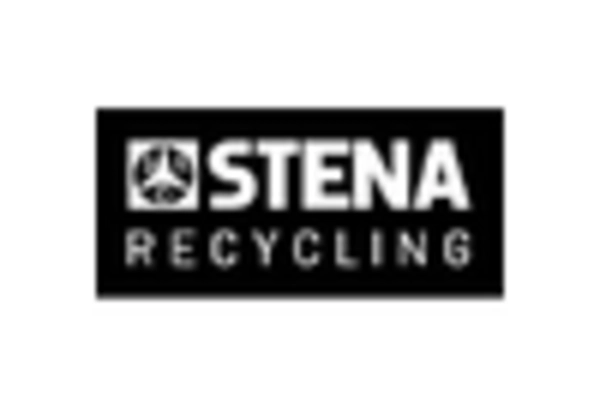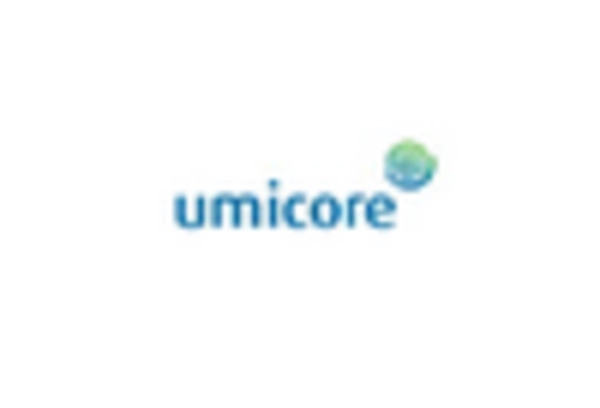Rising Environmental Concerns
Growing environmental concerns among the Japanese populace are propelling the electronic waste-recycling market. As awareness of the detrimental effects of electronic waste on the environment increases, consumers are becoming more inclined to recycle their old electronics. Reports indicate that around 70% of Japanese citizens express concern about electronic waste pollution, which has led to a surge in recycling initiatives. This heightened awareness is prompting both individuals and businesses to seek eco-friendly disposal methods, thereby boosting the demand for recycling services. Additionally, the government’s campaigns to educate the public about the importance of recycling further support this trend. As a result, the electronic waste-recycling market is likely to experience sustained growth as more individuals participate in responsible recycling practices.
Economic Incentives for Recycling
Economic factors are increasingly shaping the landscape of the electronic waste-recycling market in Japan. The rising costs associated with raw materials have led manufacturers to seek recycled materials as a cost-effective alternative. In 2025, the price of certain metals, such as copper and gold, has surged by over 30%, making recycling more attractive. Additionally, various local governments offer financial incentives for businesses and consumers to recycle their electronic waste, such as subsidies or tax breaks. These economic incentives not only encourage participation in recycling programs but also stimulate the growth of the electronic waste-recycling market. As the demand for recycled materials continues to rise, the market is likely to expand, driven by both economic necessity and environmental responsibility.
Government Initiatives and Policies
The electronic waste-recycling market in Japan is significantly influenced by government initiatives aimed at promoting sustainable waste management practices. The Japanese government has implemented various policies to encourage recycling and proper disposal of electronic waste. For instance, the Home Appliance Recycling Law mandates manufacturers to take responsibility for the recycling of specific appliances, which has led to an increase in recycling rates. In 2023, approximately 80% of collected home appliances were recycled, showcasing the effectiveness of these policies. Furthermore, the government has allocated funding to support recycling facilities, enhancing their capacity to process electronic waste. This proactive approach not only aids in reducing landfill waste but also fosters a circular economy, thereby driving growth in the electronic waste-recycling market.
Corporate Social Responsibility Initiatives
Corporate social responsibility (CSR) initiatives are becoming increasingly prevalent among Japanese companies, significantly impacting the electronic waste-recycling market. Many corporations are adopting sustainable practices, including responsible e-waste disposal, as part of their CSR strategies. This shift is driven by consumer expectations for environmentally friendly practices and the desire to enhance brand reputation. In 2025, it is estimated that over 60% of major corporations in Japan have implemented e-waste recycling programs. These initiatives not only contribute to environmental sustainability but also create a competitive advantage in the marketplace. As more companies recognize the importance of responsible electronic waste management, the electronic waste-recycling market is likely to benefit from increased collaboration between businesses and recycling facilities, fostering a more sustainable ecosystem.
Technological Innovations in Recycling Processes
Technological advancements play a crucial role in enhancing the efficiency of the electronic waste-recycling market in Japan. Innovations such as automated sorting systems and advanced shredding technologies have improved the recovery rates of valuable materials from electronic waste. For example, the introduction of AI-driven sorting technologies has increased the accuracy of material separation, allowing recyclers to recover up to 95% of metals from e-waste. This not only reduces the environmental impact but also makes recycling more economically viable. Furthermore, the development of new recycling methods, such as hydrometallurgical processes, enables the extraction of precious metals with minimal environmental footprint. As these technologies continue to evolve, they are expected to drive further growth in the electronic waste-recycling market, making it more efficient and sustainable.

